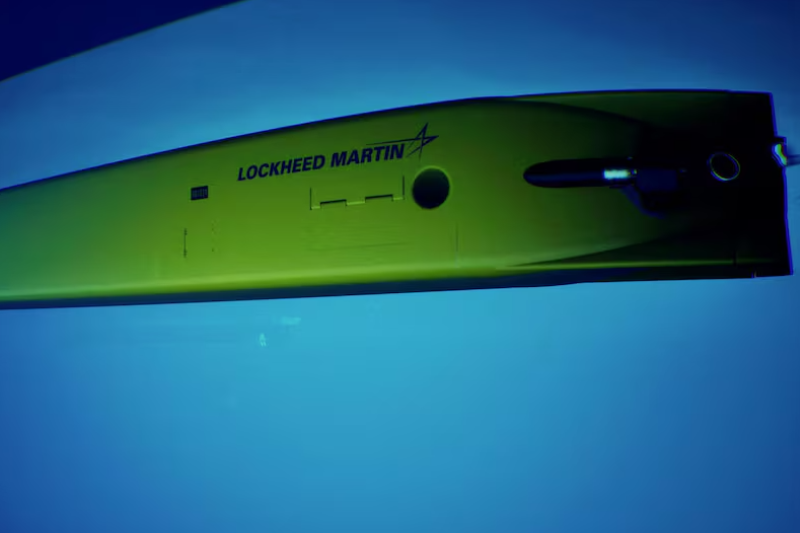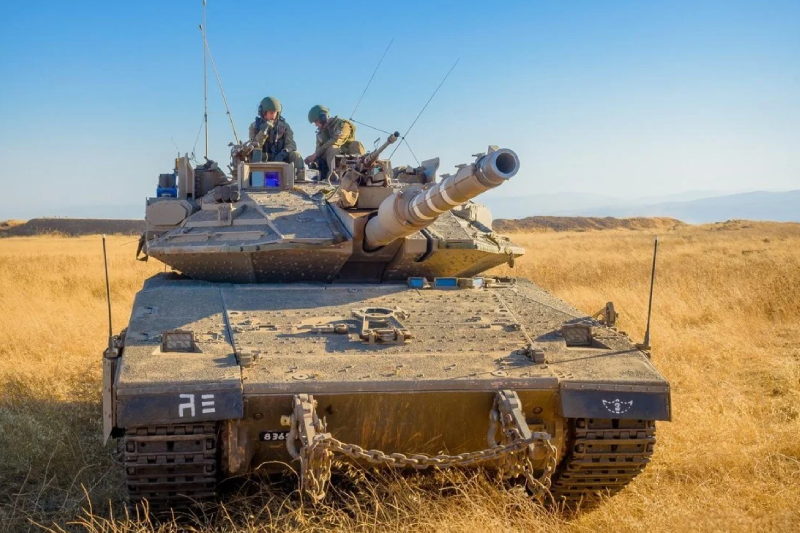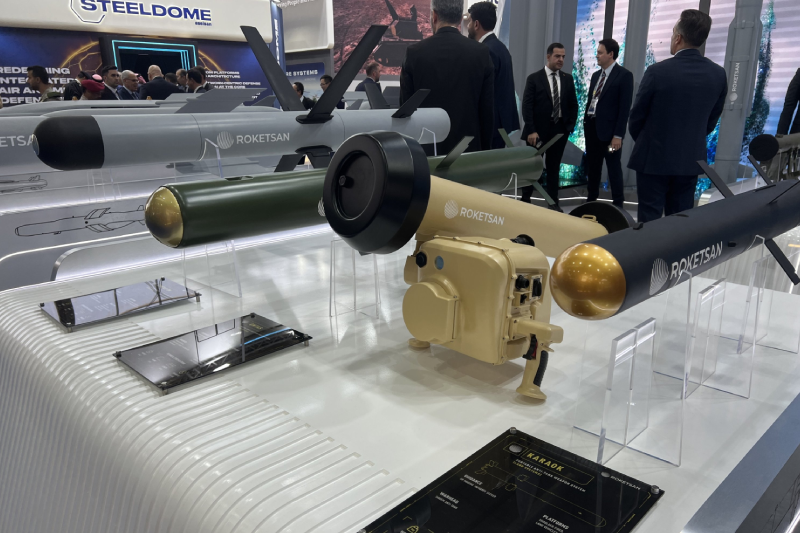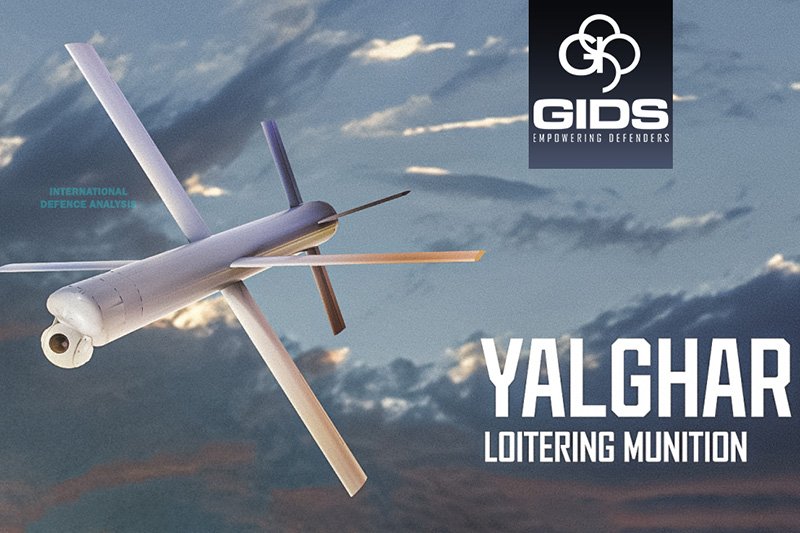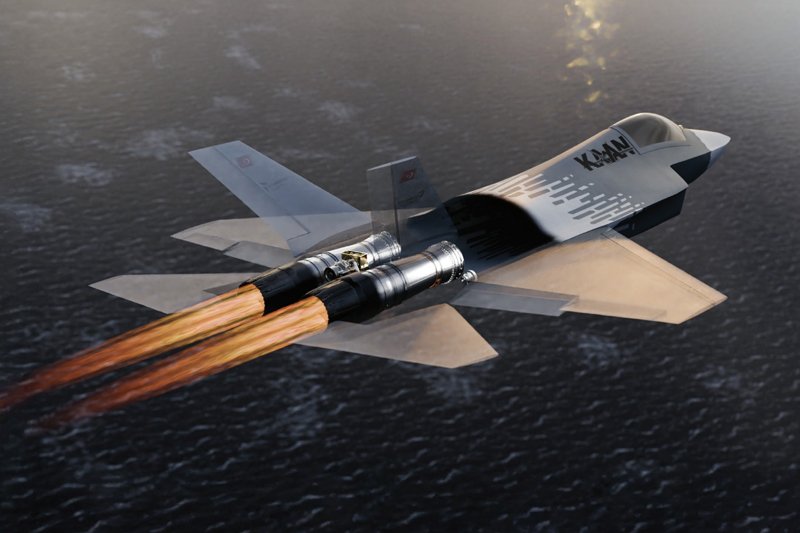BAE to Upgrade Flight Computers for F-15EX and F/A-18E/F
BAE Systems, a leading aviation systems provider, has been selected by Boeing to upgrade the flight computers on two of its prominent fighter jets: the F-15EX Eagle II and the F/A-18E/F Super Hornet. This upgrade marks a significant step in enhancing the capabilities of these advanced aircraft.
Flight Control Computers (FCCs) are critical components in modern fly by wire (FBW) systems. Unlike traditional mechanical flight controls that use hydraulic lines or cables, FBW systems employ digital electronics to transmit pilot inputs to actuators controlling the aircraft’s surfaces. FCCs play a crucial role in this process, managing the transmission of commands and continuously monitoring aircraft movement through onboard sensors to maintain flight stability.
Upgrading for the Future
The upgrades planned by BAE Systems aim to address several key areas. The new hardware and software will increase processing power, enhancing the aircraft’s ability to handle complex computations in real-time. This boost in computing capability is essential for supporting advanced avionics and weapon systems.
Cybersecurity is another critical focus of the upgrade. As military aircraft become increasingly reliant on digital systems, protecting these systems from potential cyber threats becomes paramount. The enhanced FCCs will incorporate improved cybersecurity measures to safeguard against unauthorized access or interference.
Also read this: Pakistan Carries Out Training Launch of Shaheen-II Ballistic Missile
Additionally, the upgrade will address obsolescence issues, ensuring that the F-15EX and F/A-18E/F remain at the cutting edge of technology for years to come. For the Super Hornet specifically, an additional processor will be included in the FCC, paving the way for future capabilities to be integrated into the aircraft.
Adapting to Battle Damage
One of the most impressive features of BAE’s FCCs is their ability to adapt to battle damage in real-time. The system can reconfigure how remaining control surfaces are manipulated if parts of the aircraft are damaged, potentially improving survivability in combat situations.
Impact on Aircraft Performance
The advanced FBW system has already demonstrated its value in the F-15EX program. It has allowed Boeing to add extra weapon stations to the aircraft, a modification that had previously caused unacceptable airframe integrity issues in legacy F-15 variants with mechanical flight controls. This improvement significantly enhances the F-15EX’s combat capabilities and flexibility.
Looking Ahead
As the U.S. Air Force begins to receive operationally configured F-15EX aircraft, and with potential international sales on the horizon, these upgrades will play a crucial role in maintaining the aircraft’s competitive edge. For the Super Hornet, while production is set to conclude in 2027, these enhancements will ensure that the existing fleet remains capable and relevant for years to come.
BAE Systems’ upgrade of the flight control computers for the F-15EX and F/A-18E/F represents a significant advancement in military aviation technology. By enhancing processing power, improving cybersecurity, and addressing obsolescence, these upgrades will ensure that these fighter jets remain at the forefront of aerial combat capability.
Keep connected with us at Facebook, Twitter, YouTube, Instagram & TikTok for latest defense happening around the globe.
Discover more from International Defence Analysis
Subscribe to get the latest posts sent to your email.



